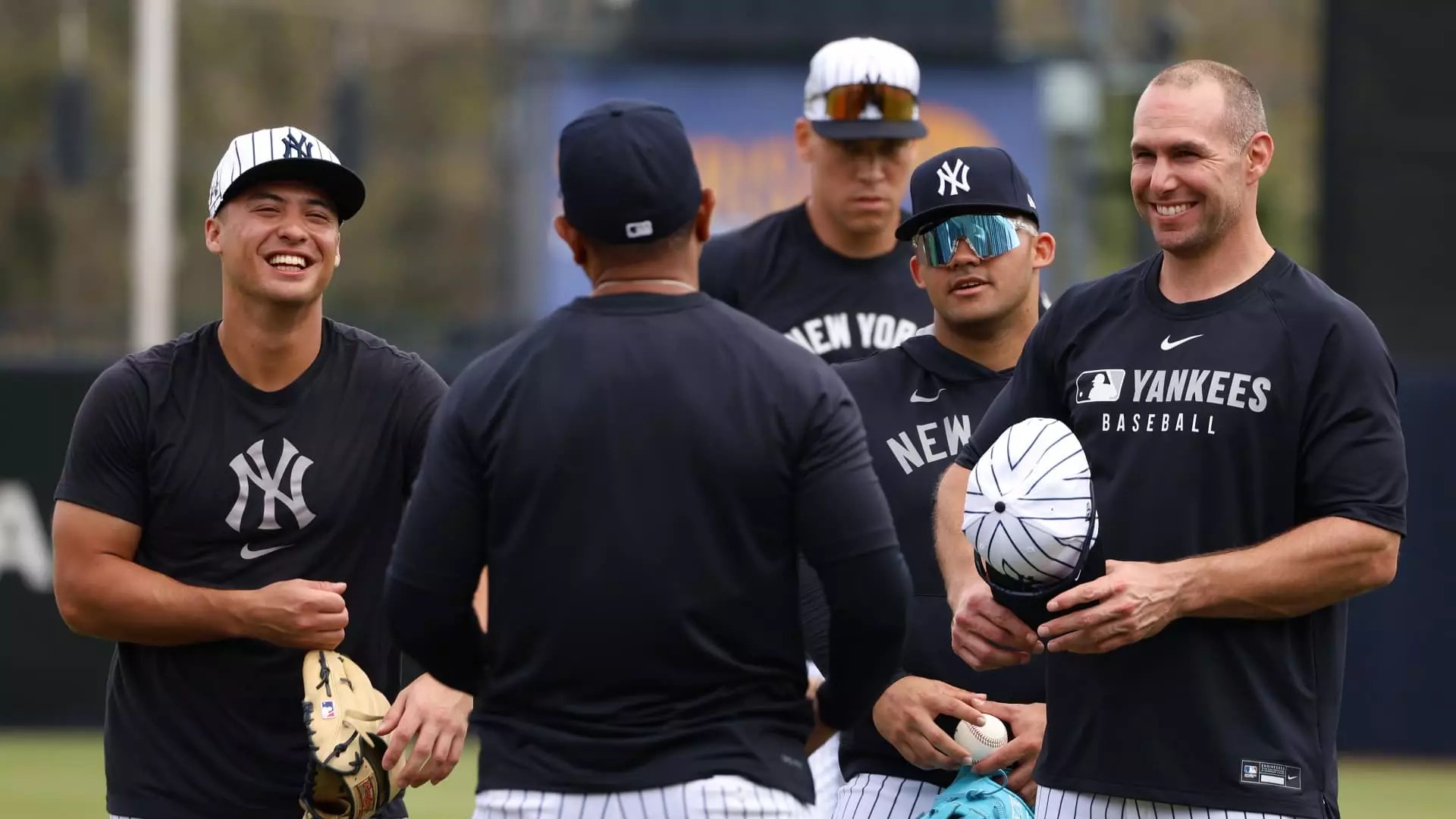After decades of strict grooming standards that have defined the New York Yankees’ image, the franchise is initiating a change that many might view as long overdue. In a significant announcement made by Yankees owner Hal Steinbrenner, the organization will allow players to grow “well-groomed beards” starting now. This marks an unprecedented departure from a grooming policy that has been in place for almost fifty years, marking a new chapter for a storied franchise that is often synonymous with tradition and discipline. The rationale behind this change comes not just from a spontaneous desire for modernization, but from years of discussion with both former and current players, indicating an evolving perspective within the organization.
The original grooming policy was enacted by George Steinbrenner in the 1970s with an intention to instill a sense of order and discipline within the team. This strict code, which permitted only mustaches and prohibited longer scalp hair, was emblematic of Steinbrenner’s managerial style and his quest for professionalism among players. He was quoted stating that he wanted to ensure players took pride in representing the Yankees. However, this deeply entrenched tradition has often faced criticism, explored by players who were uncomfortable conforming to such rigid aesthetics. Notable incidents, such as Yankees captain Don Mattingly being benched for his refusal to cut his hair, spotlight the rigidity of the policy and the challenge players faced in adhering to it.
In this new age where personal expression is increasingly valued, the Yankees’ old stance on facial hair came under scrutiny. The culture of sports and its representation has shifted, echoing the growing emphasis on individuality and self-expression among athletes. Several players have voiced their opposition to the policy over the years, suggesting it was an outdated relic in a progressive sports landscape. Current pitcher Devin Williams, recently acquired from the Milwaukee Brewers, epitomized this conflict when he appeared in an official team photo with a beard. This incident perhaps served as a catalyst, prompting the organization to reassess its stance.
By engaging in dialogue with players about the significance of the grooming standard, Steinbrenner appears to have realized that the policy might have been a barrier to the Yankees’ efforts in attracting talent. General manager Brian Cashman notably refrained from pursuing certain players because they would not comply with the grooming code. In a recent team dynamic where individual identity is paramount, the decision to revise grooming standards could not only enhance team morale but potentially invigorate recruiting efforts as well.
The decision to permit well-groomed beards represents a significant cultural shift for the New York Yankees. Not only does it facilitate a more inclusive environment, but it also acknowledges the evolving landscape of professional sports. As the Yankees embrace this policy change, they signal a willingness to adapt while still cherishing their legacy. Ultimately, this pivot might lead to a more cohesive team spirit while attracting diverse talent to one of the most iconic franchises in baseball history. Perhaps what’s more significant than the beards themselves is the embodiment of progressive values within the tradition-steeped walls of Yankee Stadium.


Leave a Reply